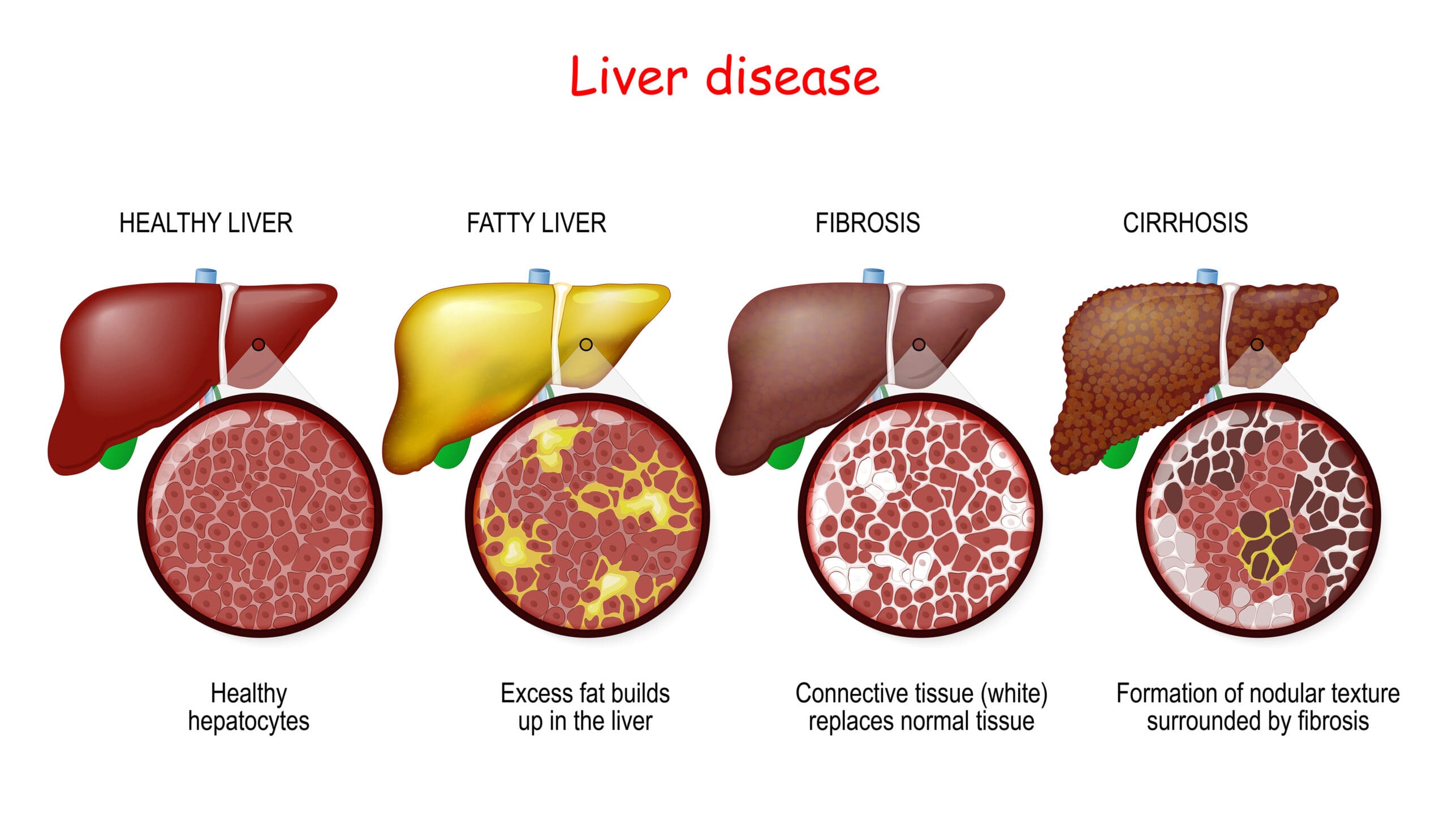Have you had an abnormal liver function test?
By naturopath Margaret Jasinska
Elevated liver enzymes are a common finding on a blood test. Too often they are dismissed as insignificant by doctors and the underlying cause is not investigated.
Many people with treatable liver diseases are not receiving treatment because abnormal liver function tests are not being properly investigated. It is important to know that even slightly elevated liver enzymes can indicate serious liver diseases. A UK study found that 11 percent of patients with elevated liver enzymes for over 6 months were found to have serious liver diseases, which were not picked up.
If a blood test has shown you have elevated liver enzymes, this test should be repeated 6 weeks later. The liver enzymes belong in your liver cells, where they perform various metabolic functions. If your liver cells become injured, the enzymes leak into your bloodstream and give an elevated reading on a blood test.

Common causes of elevated liver enzymes
- Fatty liver
- Excess alcohol
- Early cirrhosis
- Viral hepatitis
- Other viral infections such as Cytomegalovirus, Epstein Barr virus or a bad case of the flu or gastroenteritis
- Autoimmune disease, especially connective tissue disease or inflammatory bowel disease
- Coeliac disease
- Hemachromatosis (hereditary iron overload)
- Drug side effects on the liver – the most common drug culprits are statins (cholesterol lowering drugs), analgesics, Non Steroidal Anti-inflammatory Drugs (NSAIDs), antibiotics, anti-epileptics, and immune-suppressant drugs
Elevations of the liver enzyme GGT (gamma glutamyltransferase) usually indicate alcohol or drug side effects, or insulin resistance.
Elevations of ALT or AST (alanine amino transferase or aspartate aminotransferase) usually indicate inflammation due to hepatitis, toxic injury from drugs or iron overload.
Elevations of ALP (alkaline phosphatase) may indicate slow bile flow or infiltration of the liver with cancer. ALP may also come from the bones, therefore may be due to non-liver related conditions.
If liver enzymes remain elevated over several months, further tests must be done and these include, blood iron studies, hepatitis virus tests, blood copper levels, auto-antibody levels and an ultrasound of the liver. A Fibroscan of the liver can be done to check for cirrhosis and in some cases a liver biopsy may be needed. It is wise to also consult a liver specialist (hepatologist).
Please remember that elevated liver enzymes indicate inflammation of liver cells and thus damage to liver cells. It is important to stop this inflammation to prevent scarring (cirrhosis) of the liver.
For more information see our books Fatty Liver: You Can Reverse It and Healing Autoimmune Disease: A plan to help your immune system and reduce inflammation.









i have Rheumatoid arthritis , and been on various meds including methotrexate , anti virals for shingles, last week i was told i had a bad fatty liver ( any wonder ) told to go see a dietician and now im left hanging the arthritis makes it hard to prep meals even if i knew what to make , and the conflicting info im getting off the web …………….. was told i couldnt eat red meat. or eggs even made in a non stick
Hi Julie,
You would benefit from reading Dr Cabot’s book Healing Autoimmune Disease:
https://shop.cabothealth.com.au/healing-autoimmune-disease
Reduce inflammation in your body will assist with your pain and the fatty liver. This book has a plan in it to heal autoimmune disease.